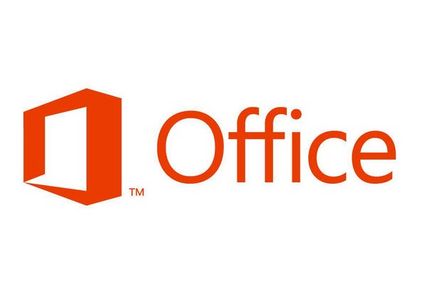Microsoft backtracks on non-transferable Office 2013 licensing terms
Microsoft confirms users will be able to move Office to new machine if their hardware fails.

Microsoft has re-jigged its Office 2013 licensing rules to allow end users to install the software on a second machine in the event of a hardware failure.
As reported by IT Pro last month, the software giant's licensing rules banned buyers of the Office 2013 full packaged product from installing the software on more than one device.
As a result, if the laptop they installed it on stopped working, they would be forced to re-purchase the software if they wanted to use it on a new machine.
The move prompted a backlash from users, with some suggesting the move was merely a ploy by the firm to get more people using its cloud-based Office 365 product.
However, the company has now altered its licensing terms to allow users to transfer the software from one computer to another.
Stopping people from moving an Office 2013 licence from one machine to another just gives another reason not to use Office at all.
In a blog post, confirming the move, Jevon Fark part of the Microsoft Office Team, said the change of stance was the result of end user feedback and will come into effect immediately.
"This means customers can transfer Office 2013 to a different computer if their device fails or they get a new one," he wrote.
Get the ITPro daily newsletter
Sign up today and you will receive a free copy of our Future Focus 2025 report - the leading guidance on AI, cybersecurity and other IT challenges as per 700+ senior executives
"Previously, customer could only transfer their Office 2013 software to a new device if their PC failed under warranty," Fark added.
The move has been welcomed by Andy Trish, managing director of Microsoft reseller NCI Technologies, who said the company was wrong to introduce it in the first place.
"I wonder if they've found out that sales of Office 2013 have not been what they were expecting, because at the end of the day it always comes down to money," he told IT Pro.
"When we [started] selling Office 2010 after Office 2007, it was a really good [seller] for us. With Office 2013, we're selling it and downgrading it to Office 2010," he added.
Clive Longbottom, service director at market watcher Quocirca, said Microsoft's backtracking is probably designed to stop users moving away from Windows-based machines.
"Microsoft has to do what it can to keep its customers in the face of the tablet revolution, which is moving people away to Android, iOS and other operating systems," he told IT Pro.
"Stopping people from moving an Office 2013 license from one machine to another just gives another reason not to use Office at all, so backtracking makes sense in a challenging market for Microsoft."
-
 Should AI PCs be part of your next hardware refresh?
Should AI PCs be part of your next hardware refresh?AI PCs are fast becoming a business staple and a surefire way to future-proof your business
By Bobby Hellard Published
-
 Westcon-Comstor and Vectra AI launch brace of new channel initiatives
Westcon-Comstor and Vectra AI launch brace of new channel initiativesNews Westcon-Comstor and Vectra AI have announced the launch of two new channel growth initiatives focused on the managed security service provider (MSSP) space and AWS Marketplace.
By Daniel Todd Published